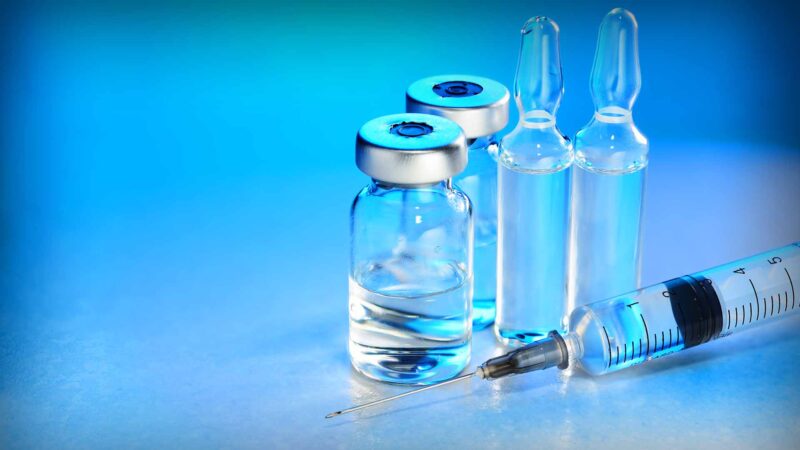Men’s urological needs refer to the medical and surgical conditions that affect the male urinary tract system and reproductive organs. Some of the common men’s urological needs include:
- Prostate health: The prostate is a gland located just below the bladder and is important for male reproductive health. Conditions such as benign prostatic hyperplasia (BPH) or prostate cancer can affect prostate health.
- Urinary tract infections (UTIs): UTIs are common in men and can cause pain and discomfort during urination. They are caused by bacterial infections in the urinary tract system.
- Erectile dysfunction: Erectile dysfunction (ED) is the inability to achieve or maintain an erection sufficient for sexual intercourse. ED can be caused by several factors such as nerve damage, psychological issues, or underlying medical conditions.
- Infertility: Infertility is the inability to conceive a child. Male infertility can be caused by several factors such as low sperm count, poor sperm motility, or genetic conditions.
- Testicular health: Testicles are important for male reproductive health. Conditions such as testicular cancer, torsion, or trauma can affect testicular health.
- Incontinence: Incontinence is the loss of bladder control and can be caused by several factors such as prostate surgery, nerve damage, or medication side effects.
- Kidney stones: Kidney stones are hard deposits that form in the kidneys and can cause pain and discomfort during urination.
- Urological cancers: Men can develop several types of urological cancers, including prostate cancer, bladder cancer, and kidney cancer.
A urologist can address these concerns, however a pharmacy-led model of care developed by Brad Butt, called Mens Health Downunder has offered an alternative to certain urological needs of the male adult population over the past 10 years.
Initially commencing in Canberra and now in 9 locations across Australia, the operation is run by a group of Australian pharmacists that provide rehabilitation solutions and cost-effective endorsed medical grade treatments for men with urological health issues. Mens Health Downunder provides products that are medical grade and specifically tailored for individuals with urological or sexual health issues backed by evidence-based solutions and pharmaceutical advice.
Mens Health Downunder exists to address the growing need for men to access quality health advice, break the stigma around urological health and reduce the embarrassment so men openly ask questions and confidently address health concerns. No concern is off limits.
Australian Health Journal met with Brad to hear about his journey, Mens Health Downunder and the impact the pharmacy-led model of care has had on patient’s urological as well as mental health.
Brad’s mission is to also raise awareness for prostate cancer. Prostate cancer is now the most common cancer diagnosed in Australia with expectations of aggressive diagnosis to double by 2028, overtaking breast cancer. Interestingly, media tends to focus on breast cancer more than prostate cancer. Often this is because of the stigma associated with prostate cancer. Men suffer in silence and are less likely to seek medical diagnosis and treatment. However, the stigma that surrounds prostate cancer and men’s health is a significant barrier that is being addressed, by Brad and his team of pharmacists.
You Might also like
-
ACN National Nursing Forum 2019
The Australian College of Nursing National Nursing Forum was held in Hobart Tasmania in August 2019.
-
Priming Australia for social prescribing
Social prescribing provides support in various areas of people’s lives, leading to increased confidence, improved navigation of systems, and enhanced friendships and trust in healthcare, while communities should be designed in an age-friendly way to prevent isolation.
In Part 1 of the Models of Care on Social Prescribing, Australian Health Journal spoke to 4 people advocating for social prescribing in Australia
-
Startup Advances Biosensing
Melbourne based Nutromics is looking to solve some of the biggest healthcare challenges, by delivering on a mission to revolutionise precision medicine with Continuous Molecular Monitoring (CMM). Nutromics is developing biosensor technology integrated into a small and unobtrusive wearable smart patch.The software solution aims to be flexible and designed to connect with mobile and web solutions for integration with consumer health software and hospital platforms.



